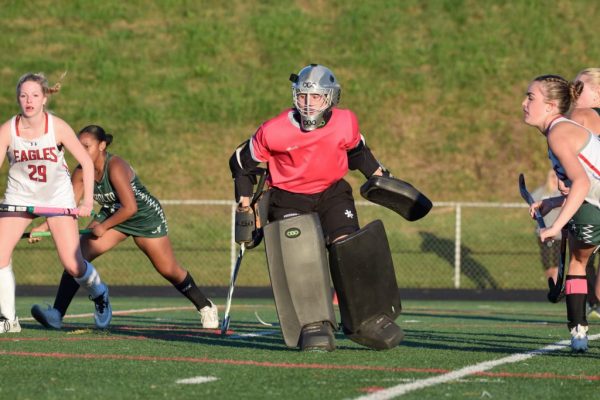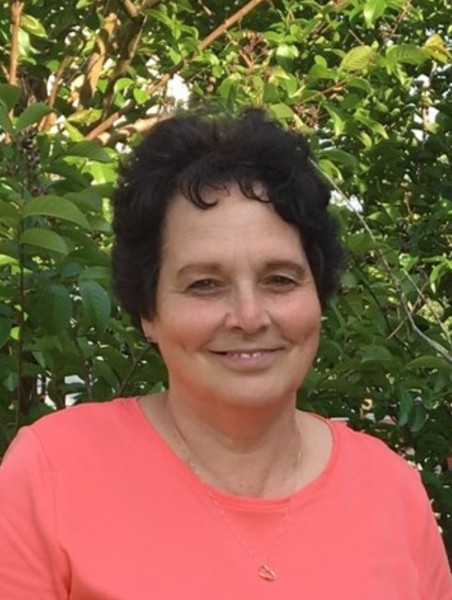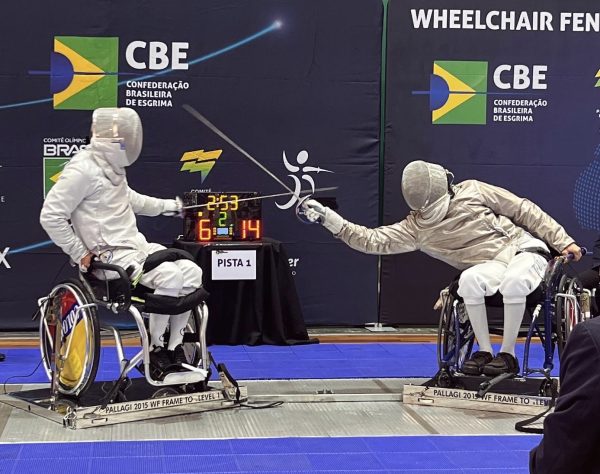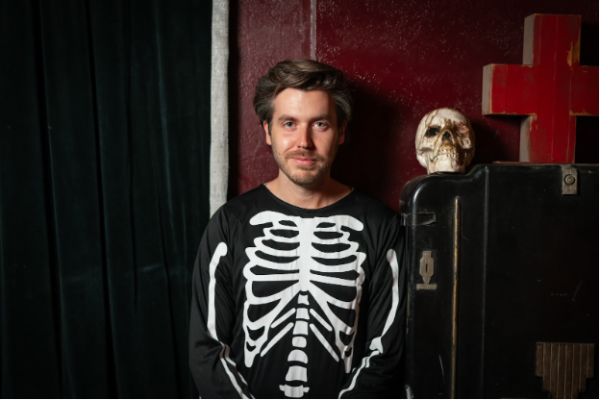Centennial juniors explore new cities and opportunities in pre-college programs
This summer, the anticipation of junior year was building for the class of 2024; getting close to finishing high school, entering adulthood, and going to college was all part of the excitement. Some people got their drivers’ licenses, while others started working their first job; a few students had an especially unique opportunity this summer to kickstart their post-high school experience and prepare for life outside of Centennial.
Junior Allie Liu attended a pre-college program at Harvard University for two weeks over the summer. At the program, high schoolers lived on campus and took one class, which for Liu was Economics and Law. “I had never explored it before and I knew I wanted to do something where I could talk a lot…so being able to find a niche class like that and then actually enjoying it…was honestly lucky on my part,” she illustrates,“it’s a lot of logic and rational thinking, which is something I feel I’m pretty good at.” Her class was lecture-based, including a midterm at the end of the first week, a final at the end of the second week, and mock court trials in between. Outside of class, Liu describes the social scene as overwhelming at first. “You had to establish friends in…the first twenty-four hours,” she states; however, once friend groups were created, the students in the program were given independence to travel into Boston via the ‘T’ train, which is Boston’s subway system. “Being able to do what I wanted without having to ask for permission first, it was very strange, but it was definitely very freeing.”
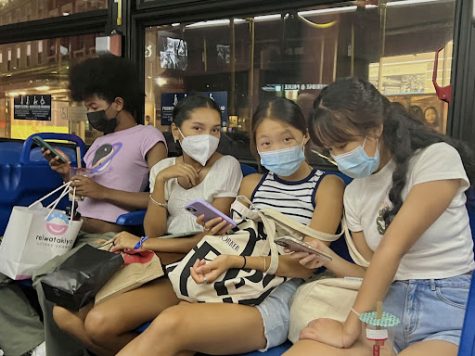
Renee Wu, another junior, also experienced a new taste of freedom over the summer. She went to New York City for a month and studied organic chemistry at Barnard College. While in New York, Wu walked around the city, attended multiple Broadway performances, and visited the Empire State building, the Whitney Museum of Modern Art, and the Metropolitan Museum of Art. Not only did she get to sightsee, but she got to understand chemistry on a deeper level. “[I] learn[ed] chemistry through the lens of humanities: how we see chemistry in art [and] also how it connects us to each other,” Wu describes. The end goal of the program was to write an essay, which Wu wrote on “elemental connection…and…the bonds that we share in chemistry but also symbolically.” Wu was also able to hone her leadership skills with leaders in New York colleges. “We…had leadership networking training…[I] met a lot of people in the Columbia, Barnard, NYU network and [got] to talk to them, talk to the professors, and they train[ed me] on different skills and assets.” In terms of non-professional relationships, Wu says that the short time period forced her to create close, meaningful relationships with her peers. Barnard is an all-female college, so being able to meet girls from places as far as Saudi Arabia and China made for a unique experience. “Even in the first three days, I got to learn deeply about other people in ways that I wouldn’t learn about people I see every day in the hallways, just because we were in that setting where we only get one month to get close.”
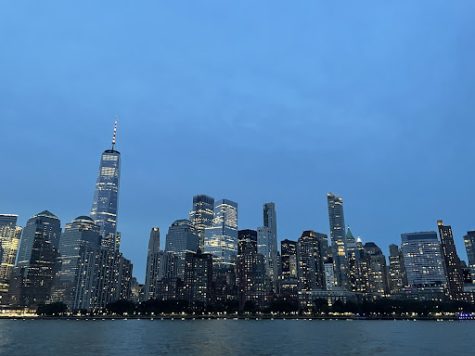
Junior Ming Huang focused her efforts on architecture during the summer, traveling to Washington University in St. Louis for a two-week long discovery program. She spent most of her time in the studio working on her overarching assignment: “It was to take a 9x9x9 cube and you take at least three geometric shapes and build it through the cube so it cuts it, adds to it, [comes] out of it.” The concept for her project was rotation, and she used a variety of models, paper, vinyl sheets, color, and brass wood sticks to complete it.
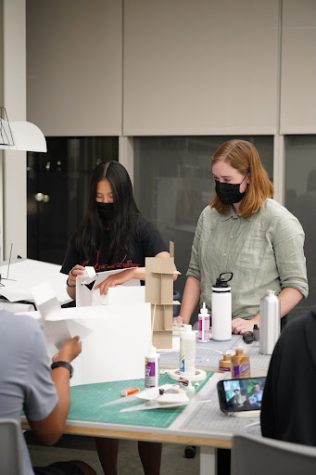
Working on the project taught her how to be less of a perfectionist. “[The models] don’t necessarily have to be perfect. It would have saved me some stress…now, for my classes, I’m like, ‘I don’t have to get [a] one hundred, I don’t have to get an A, I don’t have to get perfect grades.” She was also able to prepare for college admissions interviews by practicing with an admissions counselor, “it helped my perspective on college applications…that kind of personal stuff, your portfolio, your essay, the classes you took, how you challenged yourself, is more important than what you got on the SAT. I didn’t stress myself out going into the ACT.” Learning how to come up with a concept and work with materials to design a final model has helped Huang understand her passion for architecture and start determining what she may want her future to look like. “I’m not one hundred percent positive I want to do architecture, but I’m maybe more sure than before because I actually like what I did, and I enjoyed the work.”
Whether traveling to St. Louis, Cambridge, or New York City, Huang, Liu, and Wu all agreed that their sphere was widely broadened during their experiences. They were able to meet people from all over the world, spark unique connections, and gain independence. The idea that the world is so much larger than Ellicott City especially stuck with Wu. “You know how…you get bogged down on everything you have to do at this school in terms of all the tiny things? It gives you that perspective that it’s a microcosm of the world, and not the world,”concludes Wu.
nc/jy/rm/ew
For more breaking news and photos, follow The Wingspan on Instagram and Twitter @CHSWingspan.
